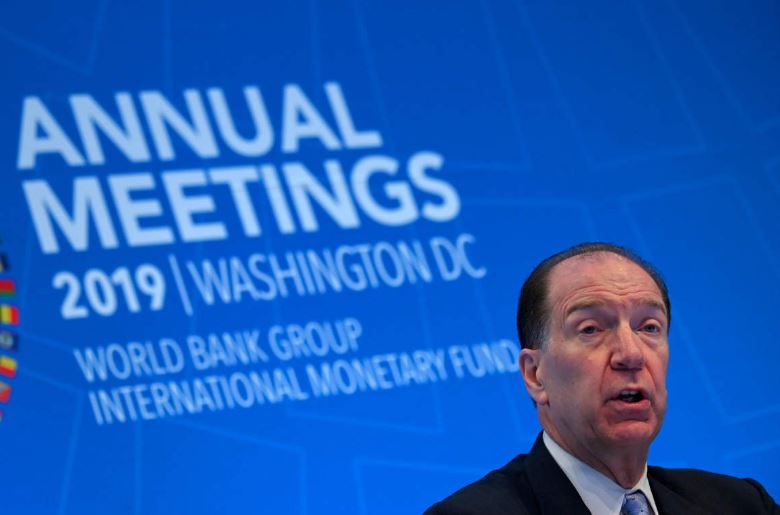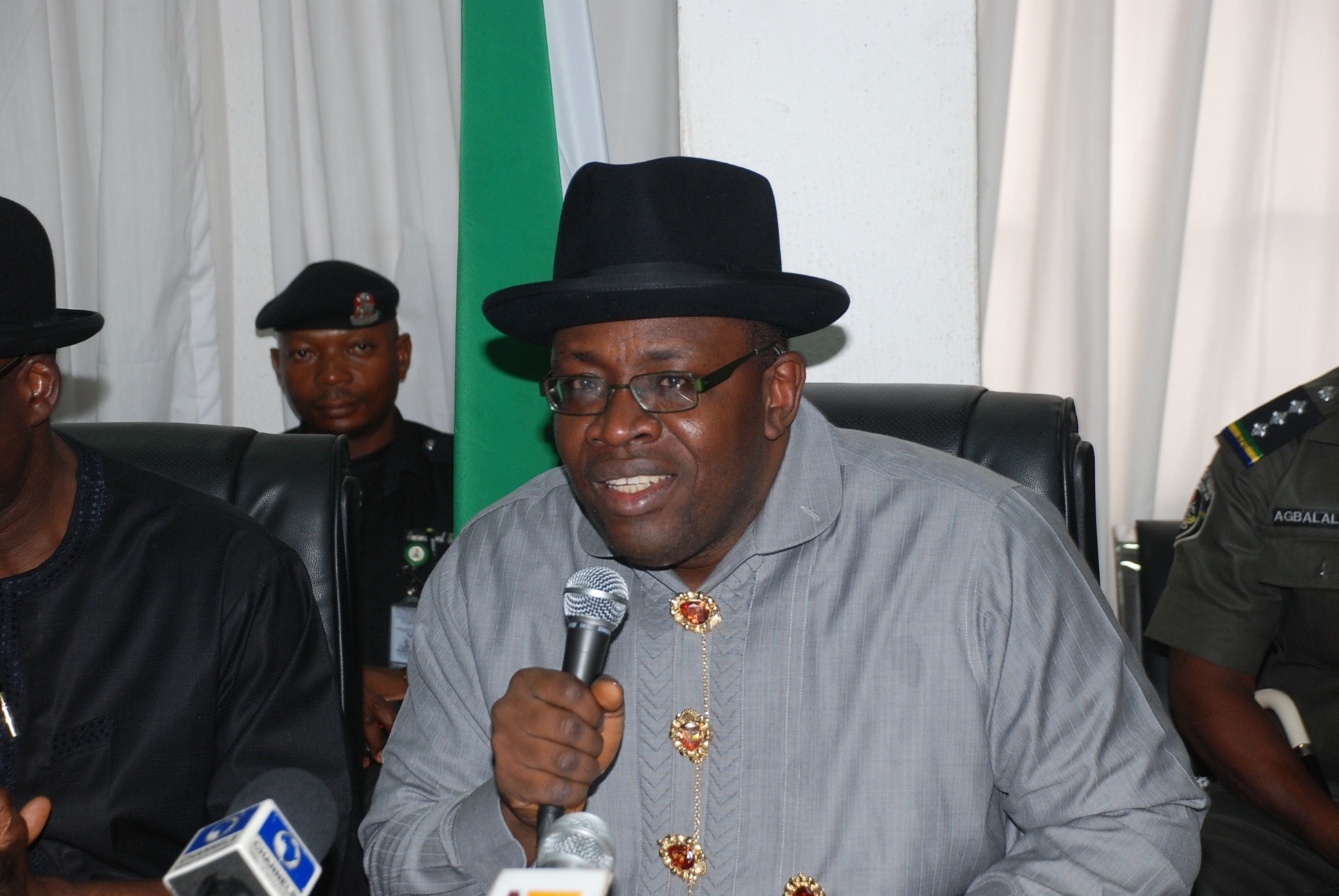
The World Bank has warned that countries should stop signing non-disclosure agreements while negotiating from lenders.
David Malpass, the World Bank president, made this known on Thursday at the opening press conference of the annual meetings of the International Monetary Fund (IMF) and World Bank Group.
“The challenge is countries that are developing a need to have debt, they need to have debt that meets the needs of their investment plan,” he said.
Advertisement
“The financial system has been evolving fast, creating new tools and sometimes they’ve gotten ahead of themselves and aren’t delivering the results that you would want from good investment practices.
“So, we’re working with the IMF as well to have more transparency within debt relationships and that means immediately you get into speaking with lawyers, governments are borrowing and using non-disclosure clauses, for example; that’s not such a good system in the transparency relationship between a government and its lenders.
“So, we would like to see the disclosure of the terms of loans, disclosure of the requirements on both sides. And that’s sometimes not being done.”
Advertisement
Speaking further, Malpass said the World Bank is working with countries to avoid negative loan clauses.
“So, it’s the idea that you do not pledge your assets to another lender and yet those have sometimes not been applied properly for countries. So, we’re working on seeing that liens and collaterals are properly disclosed and accounted for and make sense.”
This disclosure, he said, would help citizens know the type of long-term agreements their governments are getting into.
In an earlier session, Evan Papageorgiou, IMF’s monetary and capital markets department deputy division chief, had warned Nigeria and other African countries against non-Paris club loans.
Advertisement
He said loans from non-Paris Club creditors could “create some instability or some vulnerabilities”.
Add a comment







